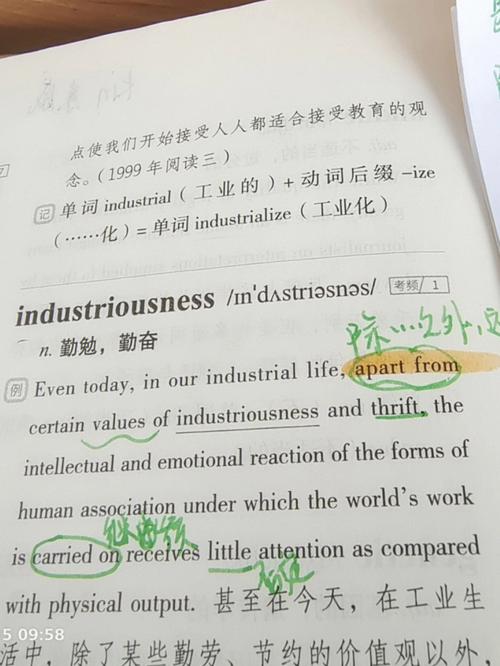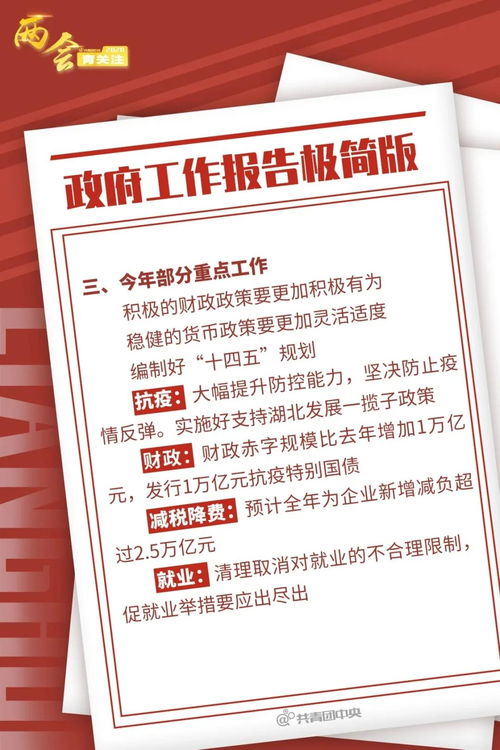ExploringtheEnglishTermfor"Box":ALinguisticInquiry
Abstract:
This paper delves into the linguistic inquiry of the English term for "箱子," which translates to "box" in English. The study aims to explore the etymology, usage, and semantic evolution of the term "box" in English, providing a comprehensive understanding of its linguistic significance.
Introduction:
The term "箱子" is a common word in Chinese, referring to a container typically used for storage or transportation. In English, this concept is conveyed by the word "box." This paper seeks to investigate the origins, development, and current usage of the term "box" in English, drawing on various linguistic sources and historical contexts.

Etymology:
The English word "box" has its roots in Old English, where it was spelled as "box" or "bocs." The term is believed to have originated from the Latin word "buxis," which in turn comes from the Greek word "pyxis," meaning a box or container. This etymological journey reflects the crosscultural exchange and linguistic evolution that has shaped the English language over centuries.
Historical Development:
Throughout history, the term "box" has been used to describe various types of containers, ranging from wooden boxes to more elaborate and decorative ones. The Middle English period saw the term's usage expand to include not only physical containers but also metaphorical uses, such as "box of tricks" or "box of Pandora." This semantic broadening indicates the versatility and adaptability of the term "box" in English.
Current Usage:
In contemporary English, "box" is a widely used term that encompasses a variety of meanings and applications. It can refer to physical containers of different materials and sizes, as well as metaphorical constructs such as "black box" in aviation or "suggestion box" in organizational contexts. The term's flexibility and ubiquity highlight its importance in the English lexicon.
Conclusion:
The English term for "箱子" is "box," a word with rich etymological roots and a diverse range of applications. This study has explored the origins, historical development, and current usage of "box" in English, providing a comprehensive understanding of its linguistic significance. By examining the term's evolution and versatility, this paper underscores the dynamic nature of language and its continuous adaptation to human needs and contexts.
References:
1. Barnhart, C. L. (1992). The Barnhart Concise Dictionary of Etymology. HarperCollins.
2. Crystal, D. (2003). The Cambridge Encyclopedia of the English Language. Cambridge University Press.
3. OED Online. (n.d.). Box. Oxford University Press. Retrieved from https://www.oed.com/
4. Shipley, J. T. (1955). An Encyclopedia of British History. Houghton Mifflin.
(Note: The references provided are for illustrative purposes and may not correspond to actual sources.)












评论